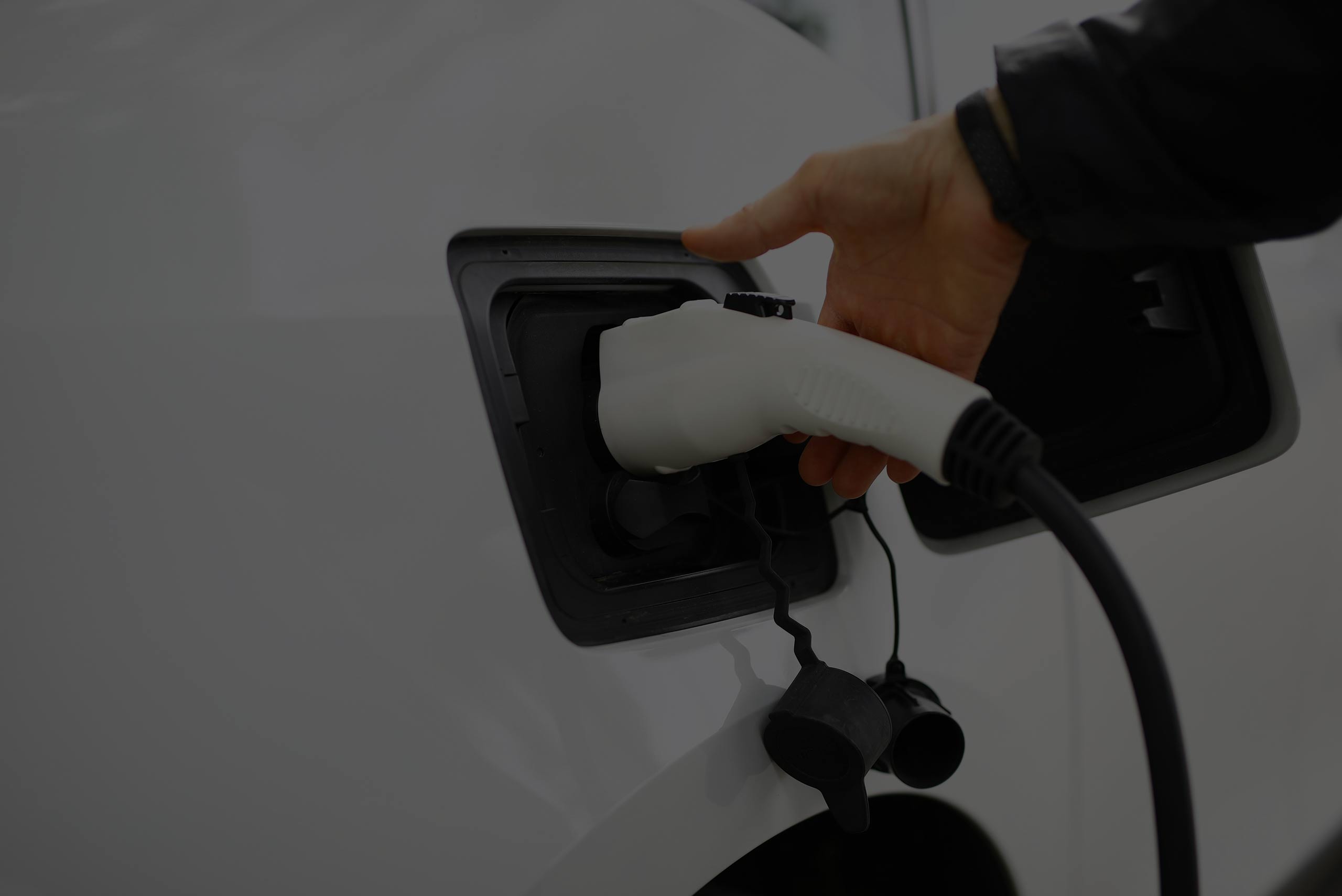The Bangalore EV Charging Infrastructure Policy provides essential guidelines for setting up private EV charging stations within housing societies. Understanding and implementing these guidelines is beneficial for Resident Welfare Associations (RWAs) as the demand for electric vehicles (EVs) continues to rise. By setting up private EV charging stations, housing societies can offer residents the convenience of charging their vehicles at home, encouraging eco-friendly transportation adoption. By following these guidelines, RWAs can ensure their housing societies are prepared for the future of transportation, ultimately benefiting residents and contributing to a cleaner, greener city.
At the Building premise levels (for various building types)
- Private charging infrastructure (non-commercial use) for individuals.
- For all commercial modes of charging EVs, at least 1 PCS, as per minimum specifications laid under MoP guidelines.
- Standalone Battery Swapping Stations may be added to the PCs.
Residential Buildings (plotted house)
Table 1: Charging Infrastructure requirements for individual house/ self-use
| Building Type | Plotted House |
|---|---|
| Ownership of Station | Private (Owner) |
| Connection and metering | Domestic meter |
| Type of charger | Slow chargers as per the owner’s specific requirement |
| Norms of provision | Min.1 SC and additional provisions as per the owner’s individual |
Any PCS installed in Public/Private areas or building premises of any category that
caters to the commercial mode of charging of EVs shall be deemed as a Public Charging
Station and shall have to install the minimum requirements of chargers as specified in
the Guidelines dated 14.12.2018 of the Ministry of Power (refer to Annexure IV for MoP
Guidelines. However, to provide sufficient charging points for the EV share in
all vehicles the ratio of types of chargers is recommended in the table below –
| Building Type | Any building type |
|---|---|
| Ownership of Station | Service provider |
| Connection and metering | Commercial Metering and Payment |
| Type of charger | As per minimum, requirements specified in MoP Guidelines |
| Additional chargers | PCS service providers shall install an additional number of kiosks/chargers beyond the minimum specified requirements to meet the ratio of charging points as prescribed below (by the type of vehicle) |
| Norms of Provisions for Charging Points | 4Ws 1SC – each 3 EVs 1FC – each 10 Evs |
| 3Ws 1SC – each 2 EVs | |
| 2Ws 1 SC – 2 EVs |
Based on the occupancy pattern and the total parking provisions in the premises of the various building types, charging infrastructures shall be provided only for EVs, which are currently assumed to be 20% of all ‘vehicle holding capacity’/’parking capacity’ at the premise. Additionally, the building premise will have to have an additional power load, equivalent to the power required for all charging points.
Karnataka State Electrical Inspectorate has also provided its inputs on safety parameters to be considered for setting up an EV Charging Station which is as follows :
All Ev charging circuits must :
- Be supplied by a dedicated final sub-circuit.
- Be supplied from a sub-circuit protected by a voltage-independent RCD providing personal protection that is compatible with a charging supply for an electric vehicle.
- Provide an earth continuity monitoring system that disconnects the supply in the event that the earthing connection to the vehicle becomes ineffective. This monitoring system must fail to safety.
- Provide protection against the overload of the charging supply fittings.
- Provide protection against the overload of the incoming supply fittings.
- Be installed so that any socket outlet of supply is at least 800mm above the finished ground level. Use the armoured type from EVCS to Electric Vehicle and the maximum length should be retracted 5mtrs.


